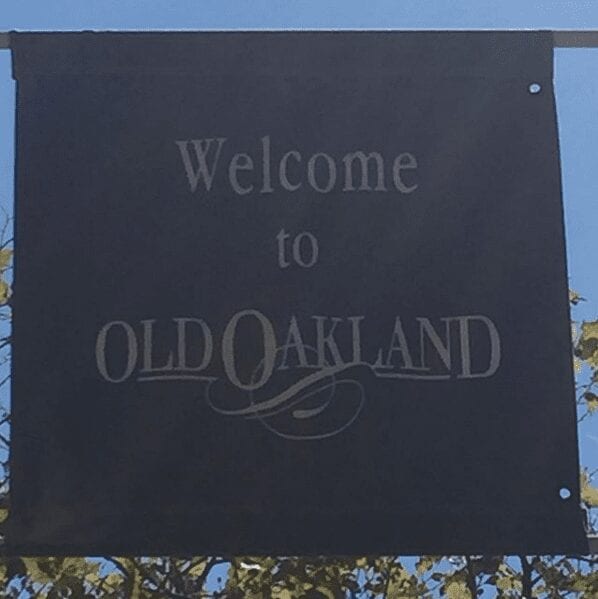
Ep.174: Terryn Niles Buxton, Oakland Extracts & Neill Franklin, LEAP: MCBA Spotlight
December 9, 2016Transcript:
Speaker 2: Terry niles Buxton of oakland extracts discusses his rich history in northern California, cannabis. We touched on philosophy, jazz, and even race relations From a generation x perspective, but first neil franklin returns based on his 30 plus years of policing service. He shares his thoughts on what can be done to bridge the current societal divine. Talk about the concept of one community and one race walk into cannabis economy. I'm your host seth adler. Check us out on social with the hand mechanic economy. Incidentally, you do still have an opportunity to nominate those deserving to the third annual can awards accountable to keep in mind is a three foot handled, three pound head actual sledgehammer with the cannabinoids logo emblazoned on the handle. You've got a host of industry luminaries on the candlewoods advisory board and a number of categories. This would be your last chance to nominate by September 1st can of woodstock.
Speaker 1: All right, so we've goT a neil franklin back again. Neil, thanks for giving us some time here.
Speaker 4: Yeah, it's my pleasure being back, seth. Thanks for having me.
Speaker 1: You got it. So, you know, I appreciate talking to you no matter what's happening. Um, but we've got, you know, a specific situation going on, uh, you know, first time in my memory in my lifetime, uh, since rodney king early nineties and all that, people aren't getting along and so, uh, you're, you're the first person I thought of as far as, you know, making sure to have the conversation and I guess is that where to start, you know?
Speaker 4: ABsolutely. And um, you know, that word conversation and we're starting to see some, uh, around the country regarding this topic of police and community relations and, and so, uh, mainly with communities of color and uh, you know, stuff. The problem is, is that their conversations, their, it's not communication, it's for the most part. What I've seen thus far is people talking. They're talking at, into, in past one another, but are they really communicating as to understanding and feeling the other person's perspective, doing their very best to place themselves in the shoes of the other person and then deciding on a course forward where everyone benefits were things actually improve and it has to be a collective decision. It can't be one group of one side deciding to do something absent the other.
Speaker 1: Yeah. So as far as leap is concerned, obviously you've got law enforcement professionals, uh, that have, uh, you know, come to a different place as far as, you know, being a part of the organization. Uh, these are not folks that were, you know, these are not original cannabis enthusiasts. Um, so as far as the, the framework of that conversation, how has that worked? You know, if we're talking about law enforcement, how has that conversation worked? Um, and then maybe that can kind of guide us with, uh, with these other conversations that need to happen.
Speaker 4: One of the unique things about bleed that some people don't know is that we are an organization that talks about policy, ineffective policy and effective policy. You know, so when we, when we talk about the drug war, when we talk about marijuana and when we talk about the other drugs, we're not advocating for the drug, we're not advocating against the drug. We're talking about the policy which we manage the drug and, and, and so that's, this is, this is commerce. This is central to what this issue that we're talking about here. So we, the cops and prosecutors and judges within the community, you know, for us it's uh, it's about the policy for managing these drugs and other policy that we had, things that we had the police doing that they maybe should not be doing. What are we talking about? Well, we'll think about it.
Read the full transcript:
Become a member to access to webinars, quarterly reports, contributor columns, shows, excerpts, and complete podcast transcripts
